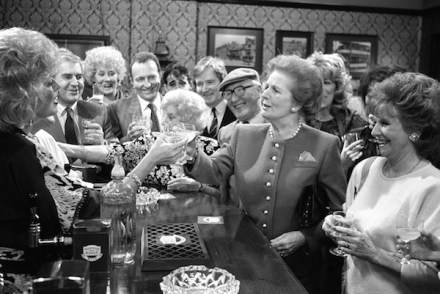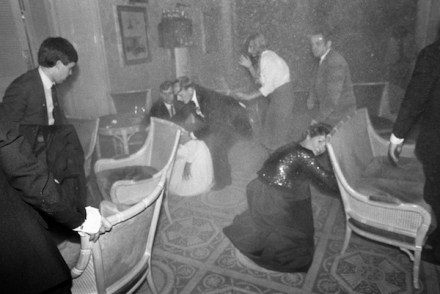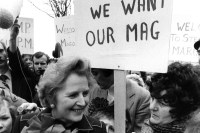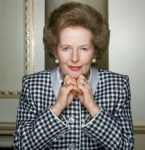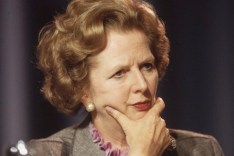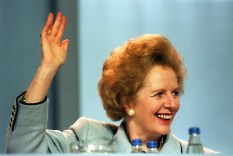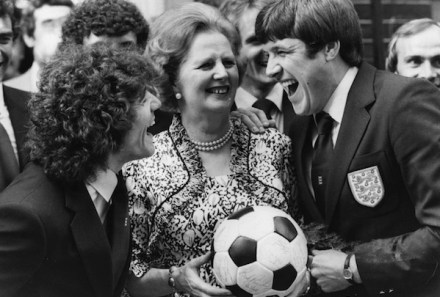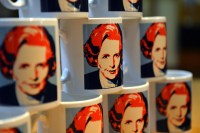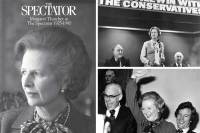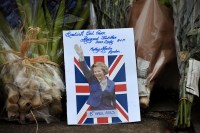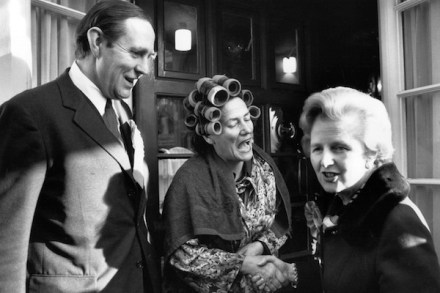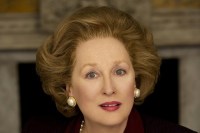Three faces of Thatcher
Politicians can be divided into two categories; those whose public face is different from their private face and those for whom they are the same; put another way, those who feel it necessary in public appearances to put on an act, and those who manage to remain themselves. Among the latter are (or were) such disparate characters as Jack Kennedy, Willy Brandt, Jo Grimond, Edward Heath, Neil Kinnock; and among the former Adolf Hitler, Winston Churchill, Richard Nixon, Harold Wilson and Arthur Scargill (if you don’t like that list, you are welcome to make your own). Prominent among the last-named is our Prime Minister, but she is almost unique in
